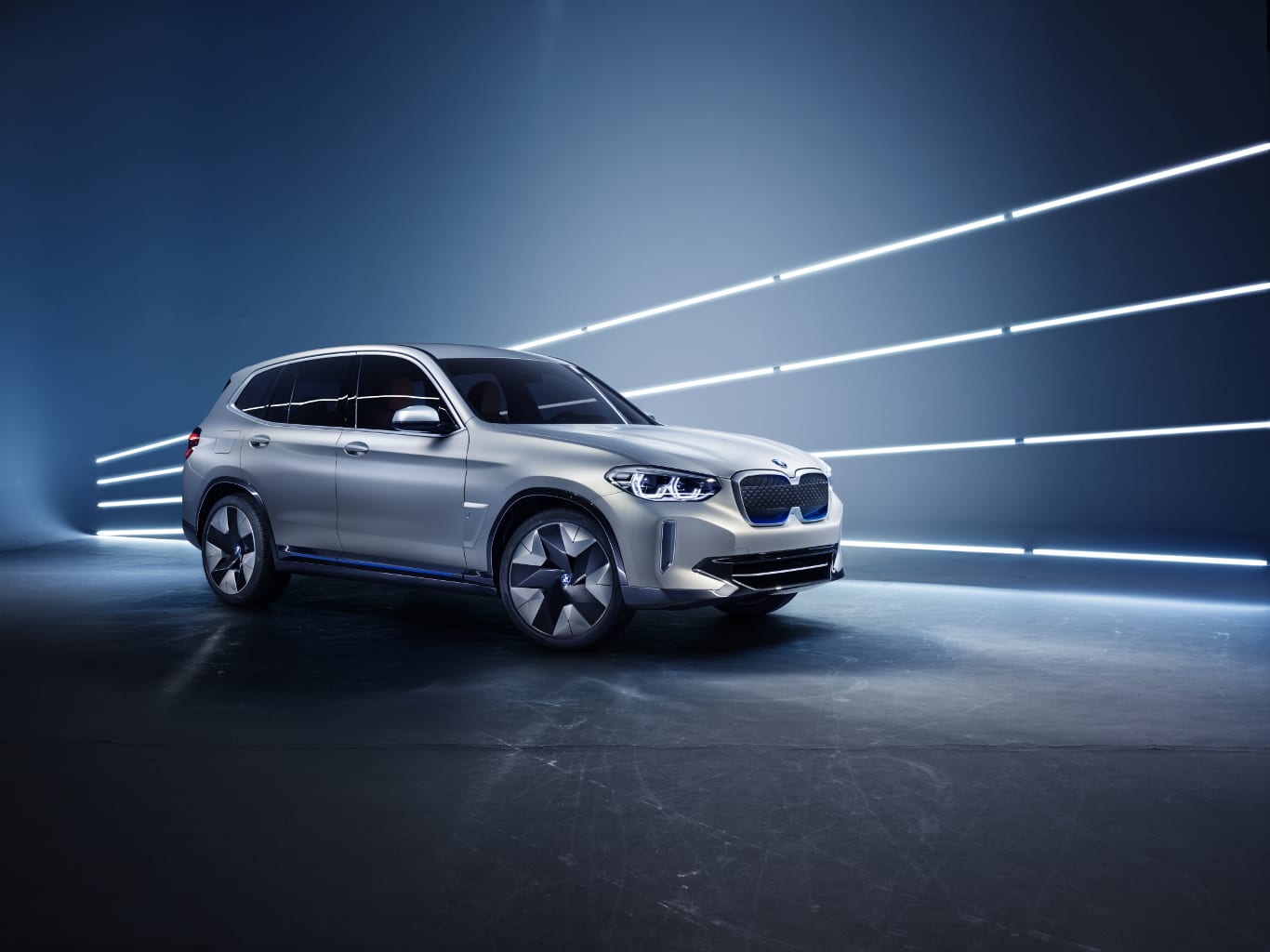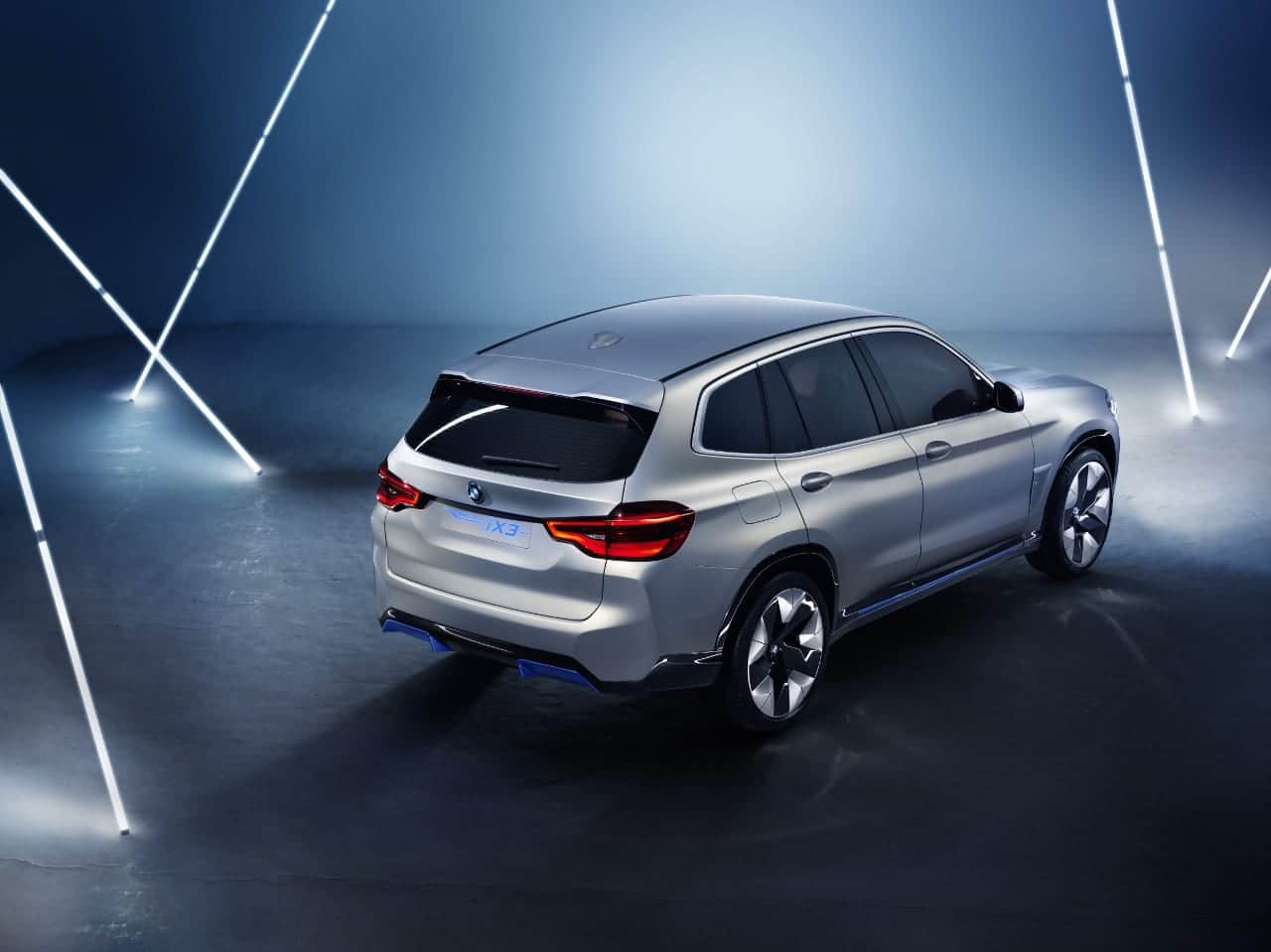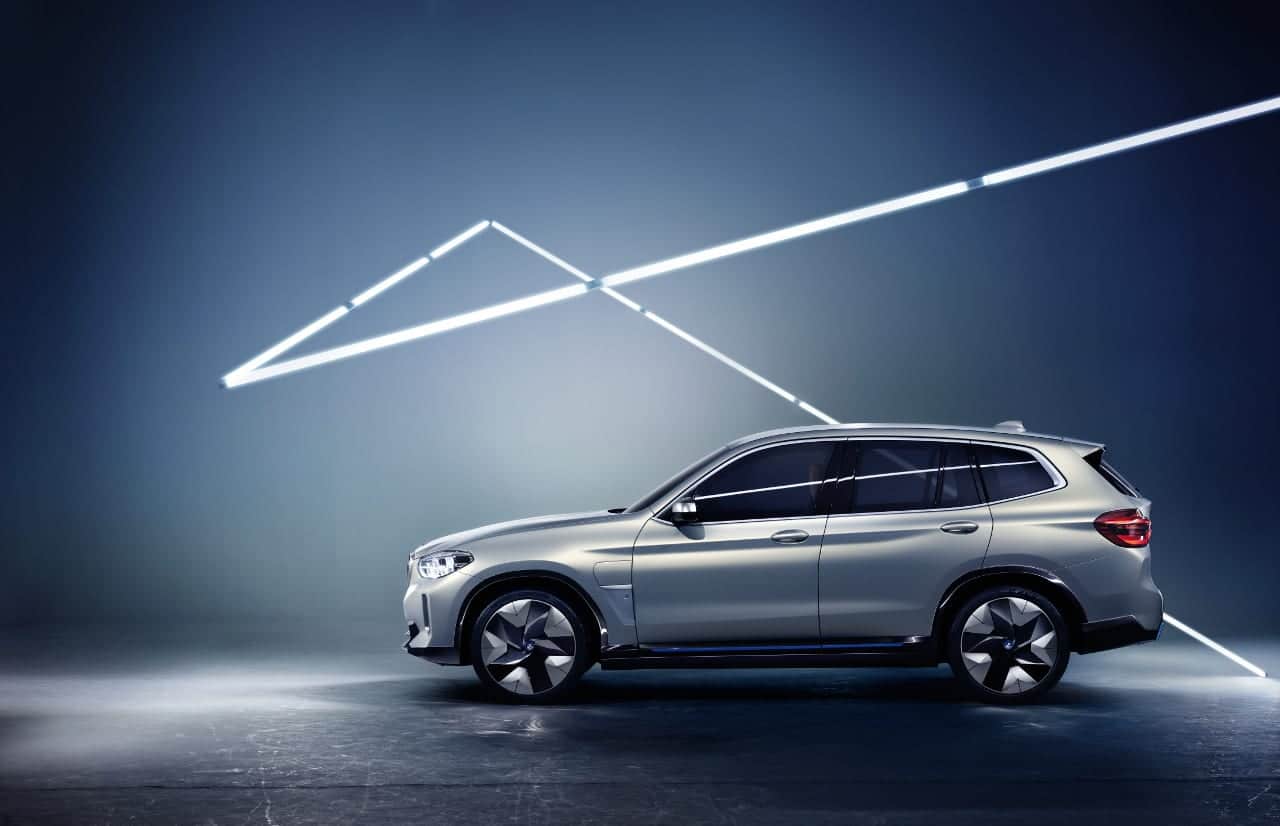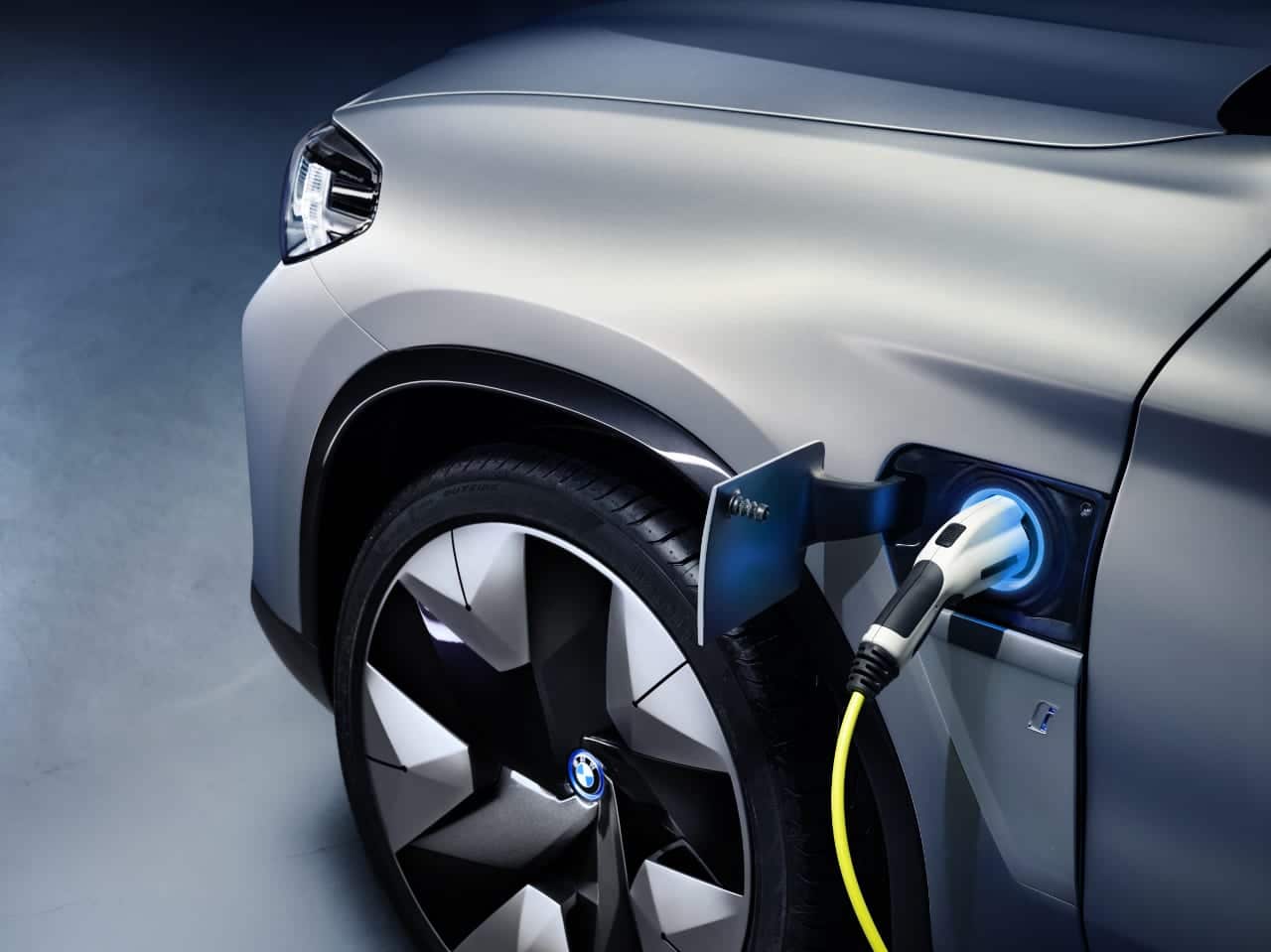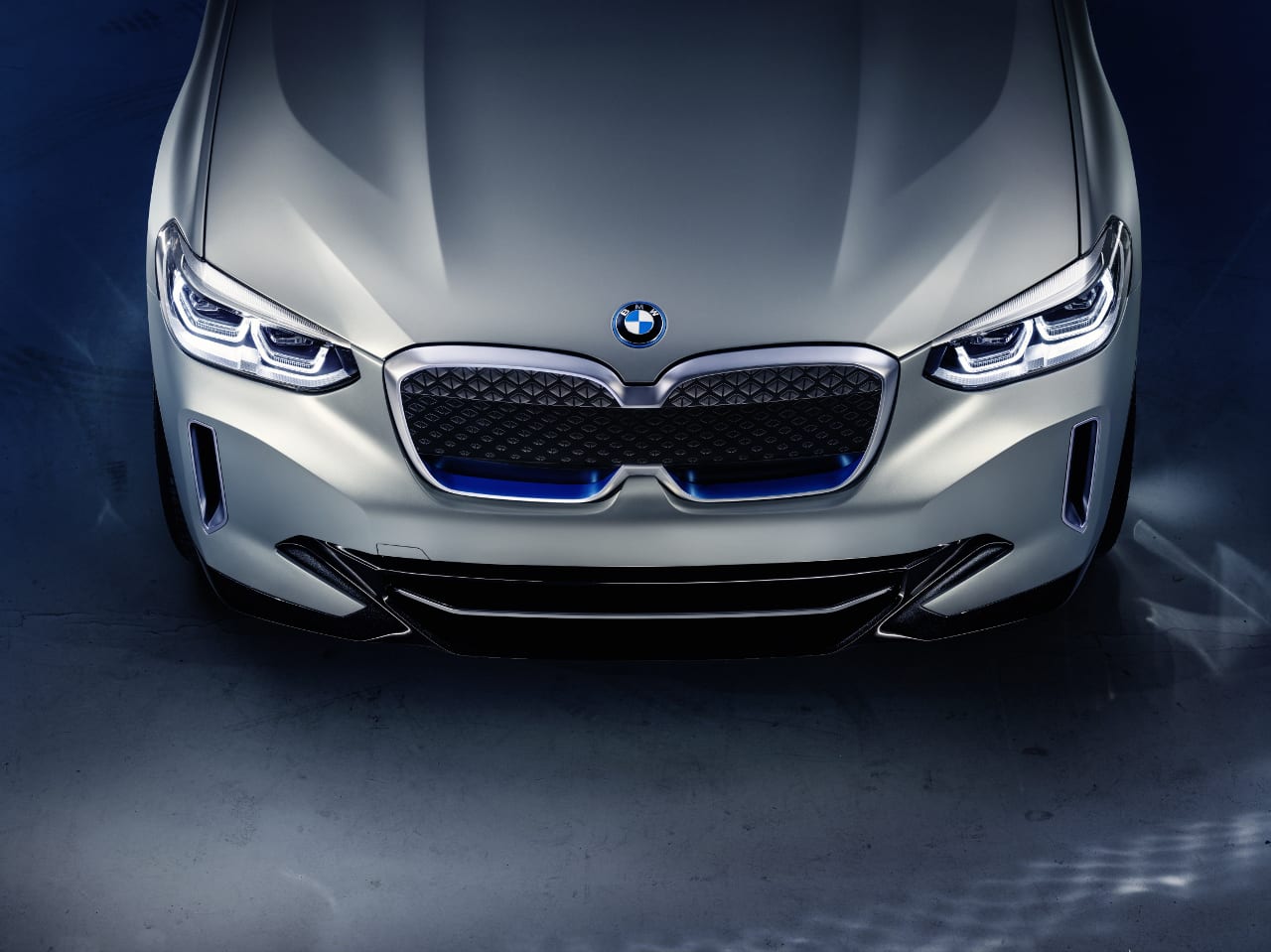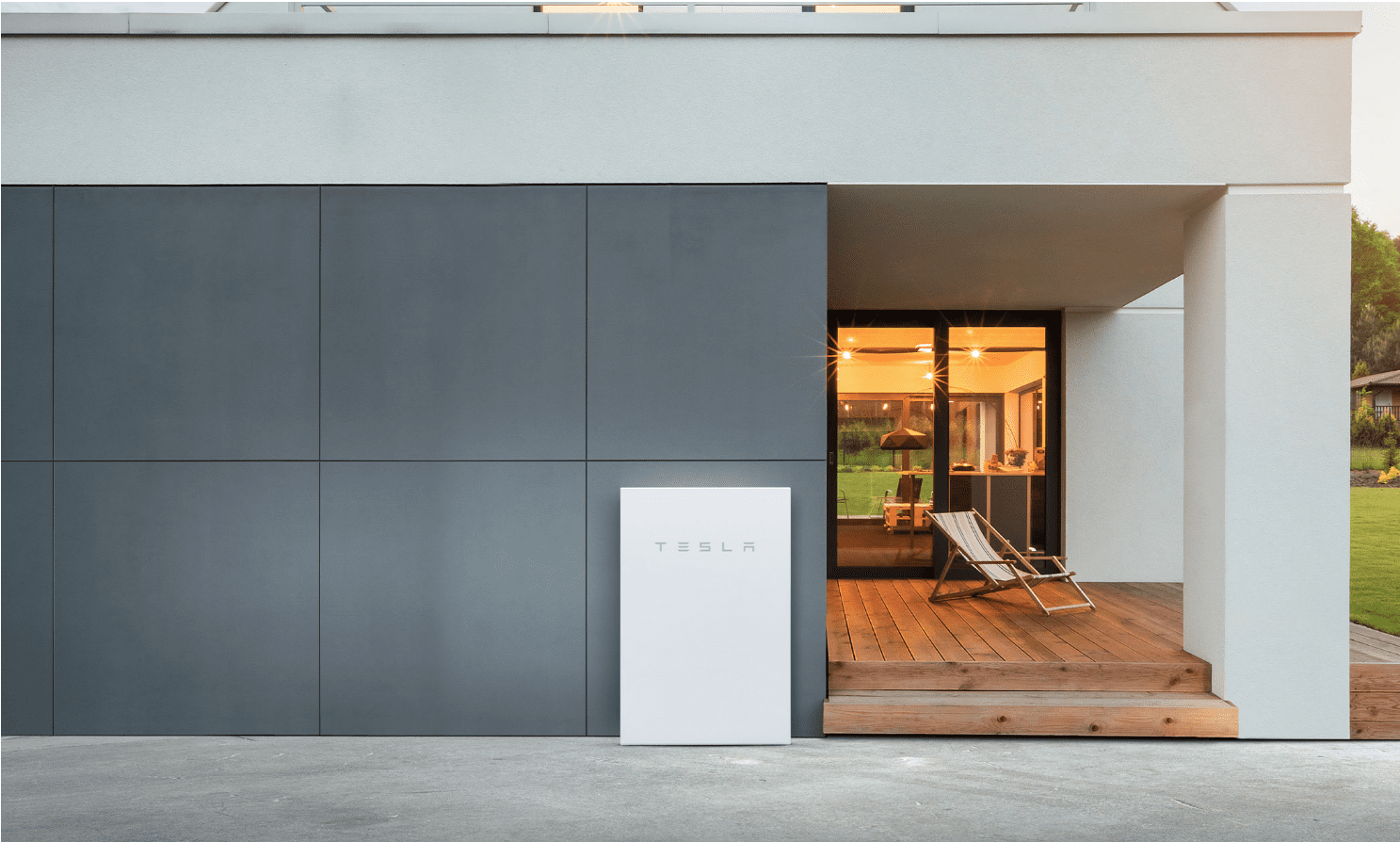BMW has released the fully electric iX3 SUV, which is a much-needed update from the older i3. The SUV is unlike the smaller i8 and i3, both of which have a unique, futuristic look. It is a more conventional BMW X3-based design that some are applauding (I don’t know why people get so bent out of shape when they see a radical design).
Regarding the statement that the iX3 is a much-needed update — It’s the range that needed improvement. The 2017 i3 could only travel 114 miles per charge. While that exceeds that distance that the majority of people travel on a daily basis, the iX3’s 249-mile (400 km) range is a substantial improvement. It makes it easier to do cross-country trips in electric vehicles.
The BMW iX3 can also recharge to 80% of its capacity in 30 minutes (150 kW maximum charge rate), which is reasonable, although not the fastest charge time offered (the Chevy Spark and Tesla Model S can do that in 20 minutes). The range and short charge time are thanks to the use of a 70 kWh lithium-ion battery. This also marks the first time that BMW has caught up to today’s new 200+-mile range standard for ordinary electric cars (in other words, electric cars that aren’t the Tesla Model S). It’s possible that the EPA range rating may be lower, when it eventually comes out.
The Chevy Bolt, upcoming Nissan Leaf, and the Tesla Model 3 all offer more than 200 miles of range per charge. The vast majority of electric cars now use lithium-ion battery technology (finally, as they used to use heavy, slow-charging NiMH batteries only a few years ago). The electric motor in the BMW iX3 produces 270 HP (201 kW) and its eDrive (powertrain) will be constructed by Spartanburg (U.S.), Shenyang (China), and (Dingolfing), Germany.
Images obtained with thanks from BMW.





